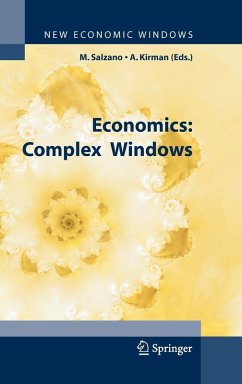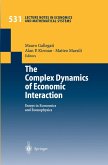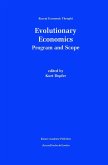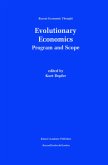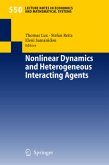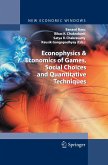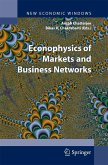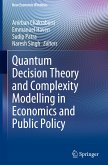"In some ways, the e?ect of achieving understanding is to reverse completely our initial attitude of mind. For everyone starts (as we have said) by being perplexed by some fact or other: for instance... the fact that the diagonal of a square is incommensurable with the side. Anyone who has not yet seen why the side and the diagonal have no common unit regards this as quite extra- dinary. But one ends up in the opposite frame of mind... for nothing would so much ?abbergast a mathematician as if the diagonal and side of a square were to become commensurable". [Aristotele] This is the ?rst volume of a new series entitled "New Economic Windows". Each volume in the series will, we hope, provide pointers towards a better understanding of the nature of economic phenomena and help to "reverse our initial state of mind" as economists. As H. Simon observed, Economics must be considered a "hard", (in the sense of di?cult rather than precise), science. As he cogently argued, the problems dealt with are so complex they "cannot simply be reduced to analytically solvable models or decomposed into sepa- 1 rate sub processes". In this he was following on from Einstein who, many years earlier, when asked why he had not turned his attention to economics said that he found it too di?cult a subject to handle scienti?cally.
Hinweis: Dieser Artikel kann nur an eine deutsche Lieferadresse ausgeliefert werden.
Hinweis: Dieser Artikel kann nur an eine deutsche Lieferadresse ausgeliefert werden.

